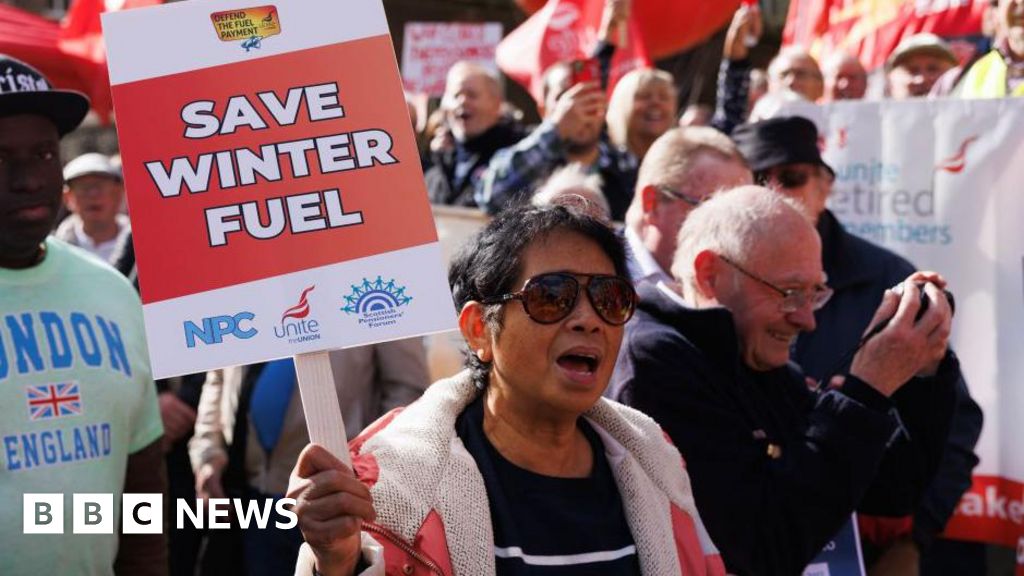ARTICLE AD BOX
Foreign secretary David Lammy has played down US president-elect Donald Trump's threats to acquire Greenland.
The Arctic territory is controlled by Denmark but is also home to a US military base and also has oil drilling and mineral mining potential.
Trump has refused to rule out using military or economic force to take over the territory in recent days and has repeatedly raised the issue since his first term as president.
Lammy told BBC Radio 4's Today programme that Trump's words did not always match his actions.
The latest row erupted after the president-elect's son, Donald Trump Jr, visited Greenland's capital, Nuuk.
In response, Denmark's Prime Minister Mette Frederiksen told Danish TV that "Greenland belongs to the Greenlanders" and that only the local population could determine its future.
Greenland is an autonomous territory, with its own prime minister, but foreign policy is decided in cooperation with Denmark as it remains part of the Kingdom of Denmark.
The King of Denmark also changed the royal coat of arms to more prominently feature Greenland this week, in what has been interpreted by some as a rebuke to Trump.
Germany and France have also weighed in to the row with strong statements in support of the sovereign borders of their fellow European Union and Nato member Denmark.
Asked whether the US should be allowed to buy Greenland, Mr Lammy said: "I think that we know from Donald Trump's first term is that the intensity of his rhetoric and the unpredictability sometimes of what he said can be destabilising.
"He did it with Nato. But in fact, in practice, he sent more troops to Europe under his administration."
Lammy went on to say he was "sure" Trump recognises Greenland as a part of the Kingdom of Denmark, adding "I suspect on Greenland what he's targeting is his concerns about Russia and China in the Arctic, his concerns about national economic security".
Asked how the UK would respond if the United States attempted to take Greenland by force, the foreign secretary said "It's not going to happen. No NATO allies have gone to war".

 4 months ago
20
4 months ago
20








 English (US) ·
English (US) ·